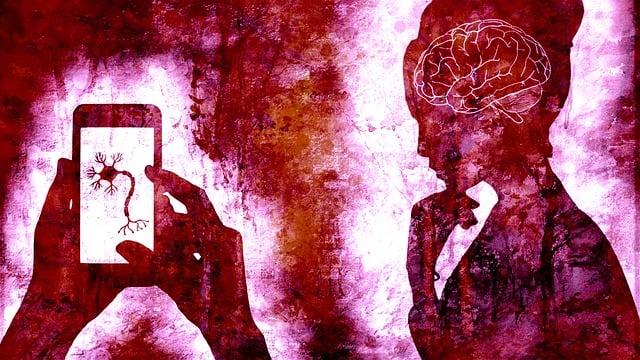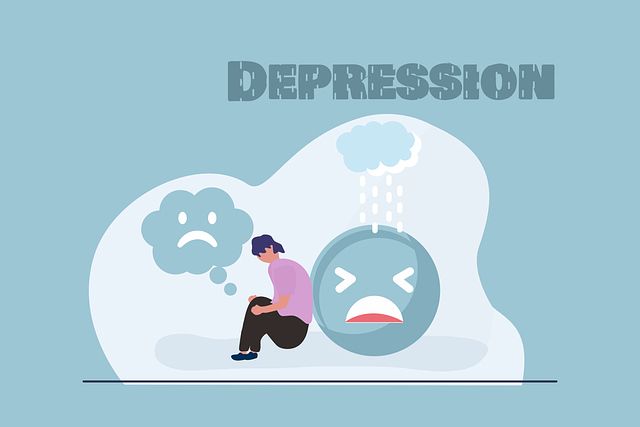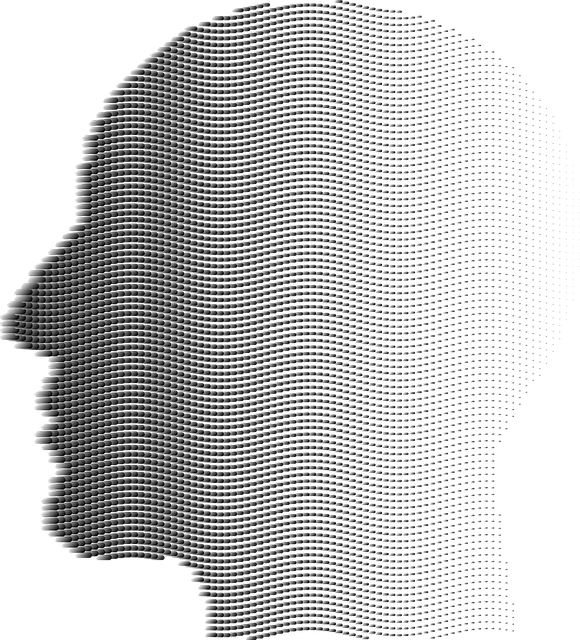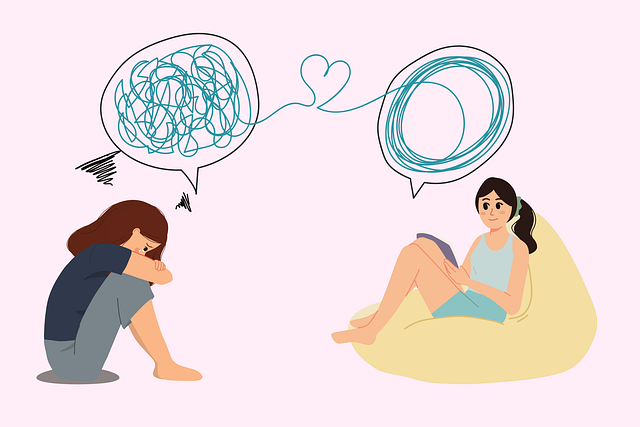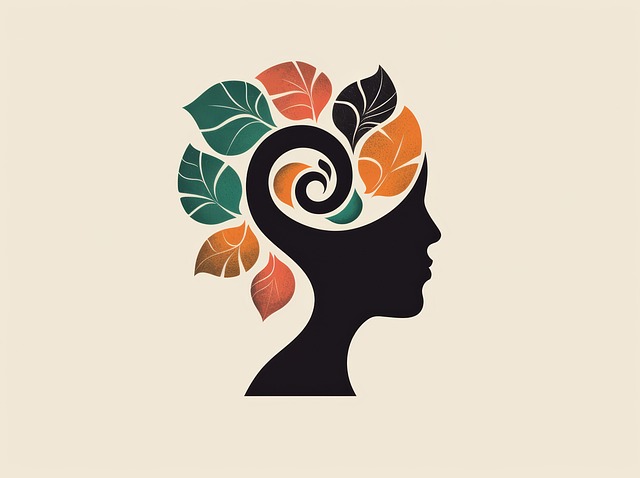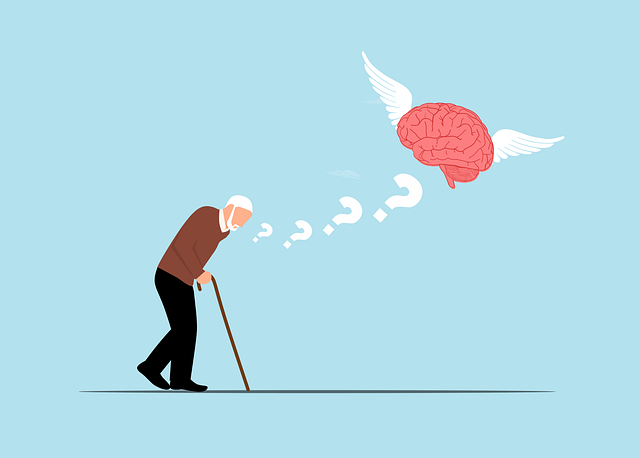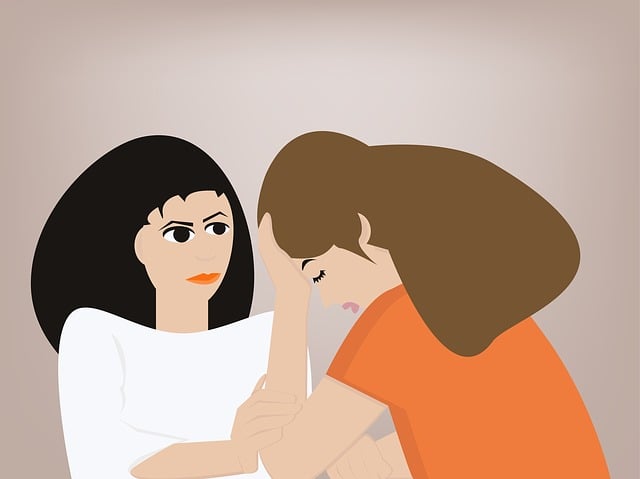Aurora Psychosis Therapy recognizes cultural competency as a vital component of high-quality mental health care, especially in diverse settings. They address cultural biases through education programs that reduce stigma, provide trauma support, and integrate traditional healing practices. This approach fosters trust, improves communication, and enhances patient satisfaction. By training therapists in conflict resolution and cultural sensitivity, Aurora navigates complex patient dynamics, ensuring personalized care. Their comprehensive framework includes risk assessment tools and stress reduction methods, advocating for equitable mental health policies. Through interactive workshops, case studies, and continuous learning, Aurora Psychosis Therapy promotes culturally competent practices, overcoming barriers to provide inclusive, effective care.
In today’s diverse healthcare landscape, cultural competency training is no longer an option—it’s an essential tool for delivering effective treatment. This article explores the critical need for such training, delving into the profound impact of cultural biases and stereotypes on patient care. We introduce the framework of Aurora Psychosis Therapy as a model for culturally sensitive practice, discuss designing and implementing training programs, and emphasize the importance of continuous learning to ensure long-term cultural competence among healthcare providers.
- Understanding Cultural Competency in Healthcare: A Necessity for Effective Treatment
- The Impact of Cultural Biases and Stereotypes on Patient Care
- Aurora Psychosis Therapy: A Framework for Culturally Sensitive Practice
- Designing and Implementing Training Programs for Healthcare Providers
- Continuous Learning and Assessment: Ensuring Long-Term Cultural Competence
Understanding Cultural Competency in Healthcare: A Necessity for Effective Treatment

Cultural competency in healthcare is a crucial aspect that cannot be overlooked when aiming for effective treatment and patient outcomes. It involves understanding and respecting diverse cultural beliefs, values, and practices within a community, allowing healthcare providers to deliver personalized care that aligns with patients’ unique backgrounds. In today’s diverse society, where individuals from various ethnic, racial, and cultural origins seek mental health services, Aurora Psychosis Therapy recognizes the importance of this competency.
By integrating Mental Health Education Programs Design tailored to address specific cultural needs, reduce the stigma associated with mental illness, and offer Trauma Support Services, healthcare institutions like Aurora can create a welcoming environment. This approach ensures that patients from all walks of life feel heard, understood, and supported, fostering trust and encouraging open communication. Such initiatives are vital steps towards providing culturally sensitive care, ultimately improving patient satisfaction and outcomes in the diverse landscape of mental health treatment.
The Impact of Cultural Biases and Stereotypes on Patient Care

Cultural biases and stereotypes can significantly impact patient care, especially in diverse healthcare settings. Mental health professionals, such as those offering Aurora Psychosis Therapy, must be aware of their own unconscious preconceptions to provide effective treatment. Stereotypes often lead to misjudgments, affecting the quality of care and patient outcomes. For instance, a therapist’s assumption about a patient’s behavior based on their ethnic background or cultural heritage might hinder progress in therapy. This is particularly harmful when dealing with complex issues like psychosis, where understanding a patient’s unique background is crucial for accurate diagnosis and tailored treatment plans.
The presence of cultural biases can create barriers to open communication, essential for building trust between the healthcare provider and the patient. Effective communication strategies, such as those taught in risk assessment training for mental health professionals, can help overcome these challenges. By learning conflict resolution techniques and enhancing cultural competency skills, therapists can improve their ability to connect with diverse patient populations, ensuring every individual receives personalized care.
Aurora Psychosis Therapy: A Framework for Culturally Sensitive Practice

Aurora Psychosis Therapy offers a comprehensive framework designed to enhance cultural sensitivity within healthcare practices, particularly in the realm of mental health services. This approach is crucial for addressing the diverse needs of patients from various cultural backgrounds, ensuring effective and equitable care. By incorporating Aurora’s principles, mental health professionals can navigate complex cultural landscapes with greater proficiency, thereby improving patient outcomes.
The framework places emphasis on understanding cultural contexts, integrating traditional healing practices, and promoting inclusive communication strategies. This holistic perspective goes beyond basic language translation to encompass the nuanced dynamics of different communities. In light of the growing emphasis on Mental Health Policy Analysis and Advocacy, Aurora Psychosis Therapy provides a valuable tool for risk assessment, helping professionals identify and mitigate potential challenges related to cultural disparities in mental health care. Furthermore, its focus on stress reduction methods can contribute to the well-being of healthcare providers themselves, enabling them to offer consistent, culturally competent care over time.
Designing and Implementing Training Programs for Healthcare Providers

Effective cultural competency training for healthcare providers involves a thoughtful design process that considers the diverse needs and backgrounds of participants. Programs should be tailored to address specific challenges within healthcare systems, such as disparities in mental health care access, particularly in communities like Aurora Psychosis Therapy’s focus areas. Incorporating interactive workshops, case studies, and role-playing scenarios can enhance learning. For instance, training sessions could include discussions on emotional intelligence and stress management techniques to improve patient interactions and reduce anxiety relief barriers.
Implementing these programs requires a strategic approach, ensuring accessibility and ongoing support for healthcare providers post-training. Regular evaluation and feedback mechanisms are vital to measure the impact of the program and identify areas for improvement. By fostering an environment that encourages open dialogue about cultural differences, healthcare providers can better serve diverse patient populations, ultimately leading to more inclusive and effective care.
Continuous Learning and Assessment: Ensuring Long-Term Cultural Competence

In the dynamic field of healthcare, cultural competency is an evolving skill set that requires continuous refinement and assessment to remain effective. At Aurora Psychosis Therapy, we recognize that our practitioners must stay abreast of emerging research and best practices in order to deliver culturally sensitive care. This ongoing commitment to learning ensures that our team remains adept at navigating the complex interplay between mental health, culture, and society.
Regular training sessions, workshops, and peer-to-peer discussions facilitate this continuous learning process. By incorporating dynamic topics such as risk assessment for mental health professionals, trauma support services, and emotional well-being promotion techniques into our curricula, we equip ourselves to address a diverse range of patient needs. Through rigorous self-assessment and feedback mechanisms, we gauge the impact of our training, identify areas for improvement, and adapt our approaches accordingly. This holistic approach not only bolsters our cultural competence but also enhances our ability to provide personalized, effective care to all individuals we serve.
Healthcare provider cultural competency training, as exemplified by the framework of Aurora Psychosis Therapy, is no longer a nice-to-have but an absolute necessity. By addressing the impact of cultural biases and stereotypes, such training ensures effective patient care tailored to each individual’s unique background. Implementing comprehensive programs that include continuous learning and assessment is key to fostering culturally sensitive practices. This approach not only enhances patient outcomes but also creates more inclusive healthcare environments where everyone feels respected and understood.


